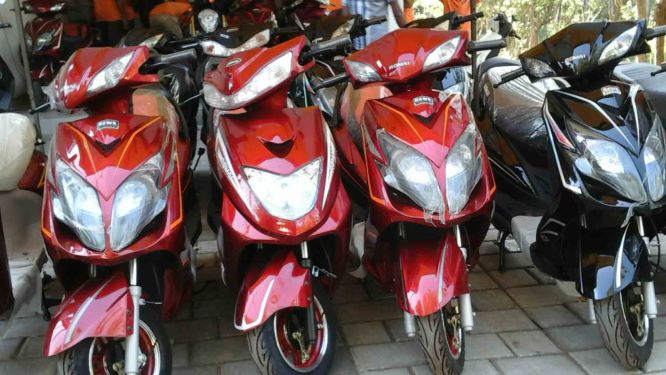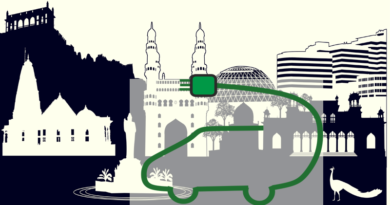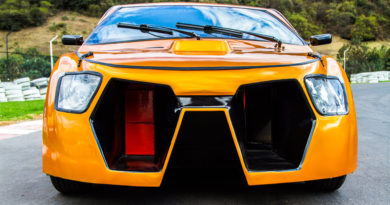NITI Aayog Suggests Complete Switch to Electric 2,3 Wheelers from 2023

The Indian Government think-tank NITI Aayog suggests a complete switch to use two and three wheelers in a phased manner from March 31, 2023.
Niti Aayog CEO Amitabh Kant led the bench that made these recommendations. According to a financial daily, a senior government official aware of the deliberations said that the steering committee on transformative mobility has proposed banning all internal combustion engine (ICE) three wheelers on Indian roads by March 31, 2023, and two-wheelers below 150 cc by March 31, 2025, as part of a larger plan to make India the hub for manufacturing electric vehicles.
The cut-off date will also see the government roll out a comprehensive scrapping policy and ‘polluter-pays’ model to encourage rapid transition to electric vehicles, the official said. About 78% of all vehicles sold in the country are two wheelers and three wheelers.
To further make electric vehicles lucrative, the committee has proposed doubling the subsidy for electric three-wheelers under FAME II scheme to Rs 20,000 per kwh to bring initial prices of electric three-wheelers on a par with ICE three-wheelers. Under the ‘polluter pays’ principle mooted by Niti Aayog, it was suggested that a fee will be imposed on ICE vehicles and the funds thus collected will be utilised for offering rebate on purchase of electric vehicles, charging infrastructure and establishing battery plants of at least one gigawatt capacity.
Additionally, the ministry of road transport and highways has been entrusted with the responsibility of ensuring that from April 1, 2023 only electric three-wheelers are sold under the three-wheeler category. After March 31, 2025 all new sales under category of two-wheelers below 150 cc will have to be electric vehicles running on lithium-ion batteries. Data from the Society of the Manufacturers of Electric Vehicles shows total electric vehicle sales in India in 2017-18 stood at 56,000 units.
However, it will be wise to add that this seems to be early days yet on how manufacturers will actually fast track the development of an entire ecosystem, including charging infrastructure and supply chain. If the proposal becomes policy, the most affected will be the large-volumes vehicle manufacturers, who currently don’t have a single electric two-wheeler product or electric bike which is production ready.




